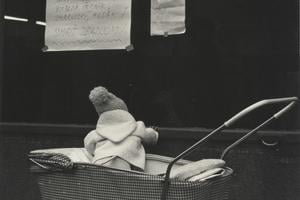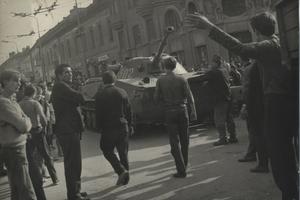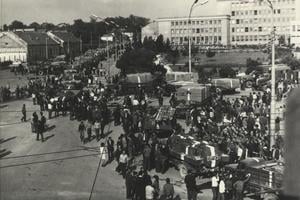By the mid-1960s the people of Czechoslovakia faced a moral and economic crisis.
Voices criticising the politics of the ruling party and calling for the plurality of opinions first resounded at the session of the Association of Czechoslovak Writers in June 1967. Dissatisfaction also increased within the party.
It soon grew into an attempt at the economic, political and social reforms of the socialist regime, towards “socialism with a human face”. It is now known as the Prague Spring.
Censorship was abolished and the rehabilitation of political prisoners from the 1950s was launched. People received opportunities to travel and study in the west, and the status of churches and believers improved.
The movement met with resistance among Czechoslovak conservatives as well as in Moscow and in other socialist countries. As a result, the troops of the Warsaw Pact invaded Czechoslovakia on August 21, 1968. The 20 years that followed are known as the period of normalization in the country. About 350,000 people were fired from their jobs. Many young people were prevented from studying. Thousands of people left the republic, deliberately or forcefully.
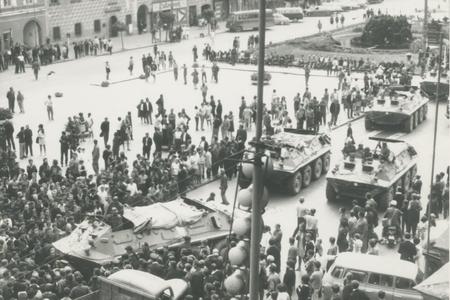
1967
June 27-29 The session of the Association of Czechoslovak Writers in Prague pointed to the deep divide in the opinions of Communist leaders and the cultural figures who had the sympathies of most citizens.
December 11-13 The board of the Central Committee of the Communist Party of Czechoslovakia criticised its leader and the country’s President Antonín Novotný.
Novotný invited USSR leader Leonid Brezhnev to Prague, in the hope that he would support him. Brezhnev, however, listened to both sides of the conflict and said the memorable words: It’s your own affair. He left even before the festive dinner.

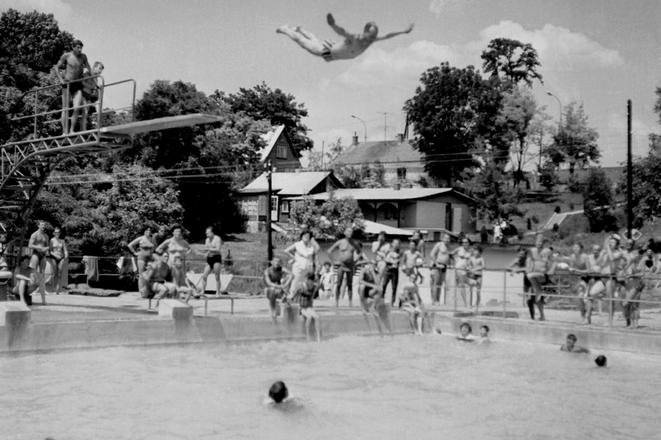 Alexander Dubček has just jumped of the diving board in Santovka, July 1968. (source: TASR)
Alexander Dubček has just jumped of the diving board in Santovka, July 1968. (source: TASR)
